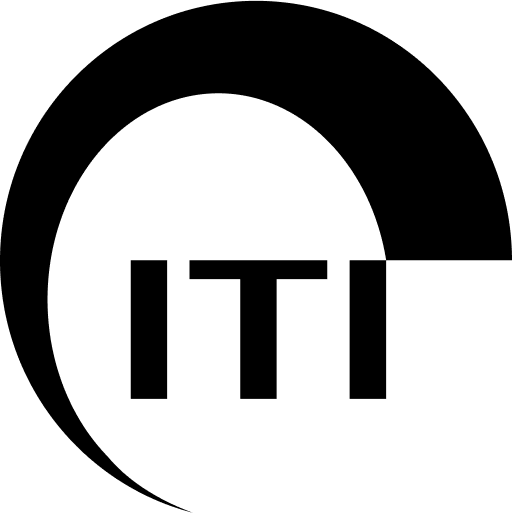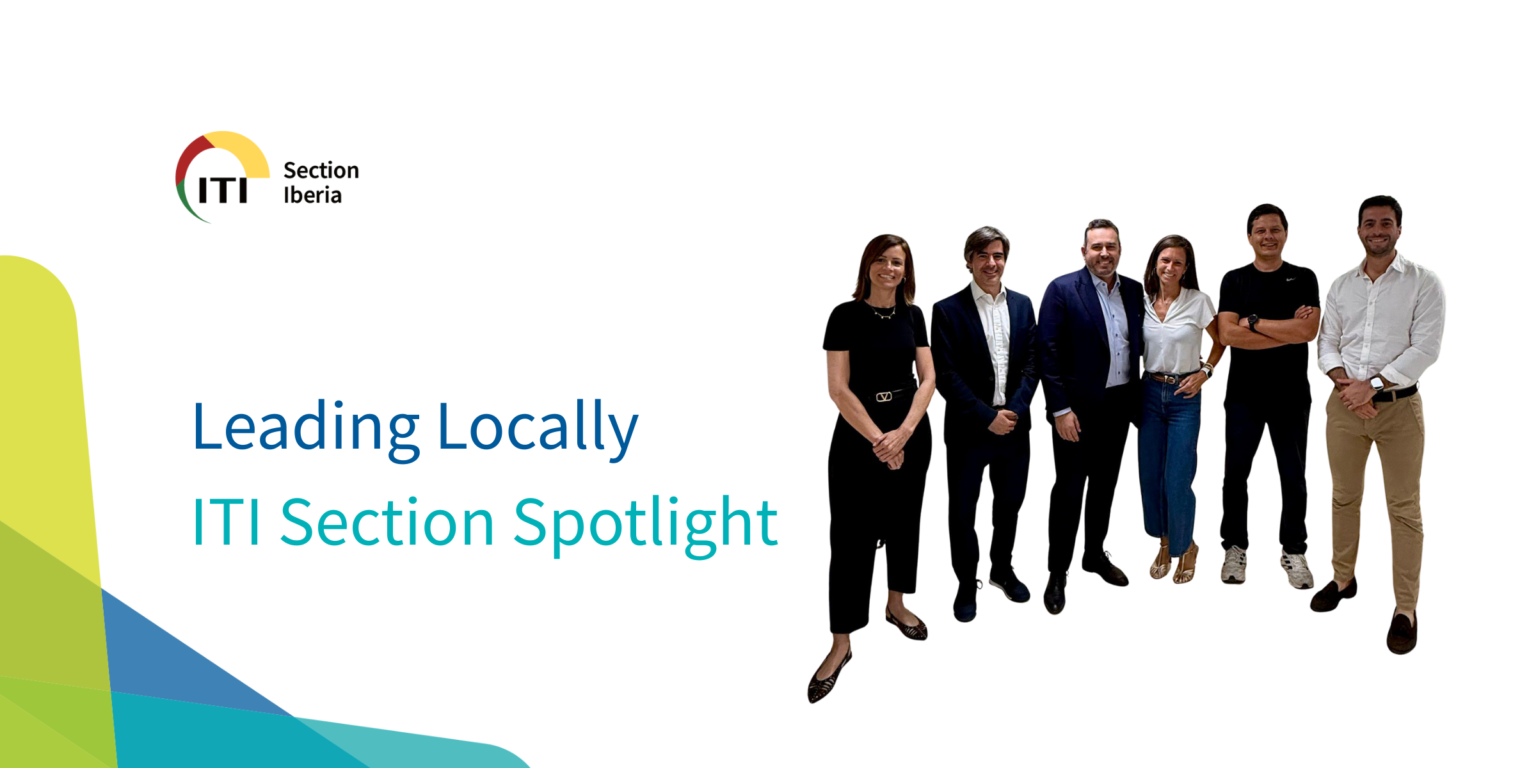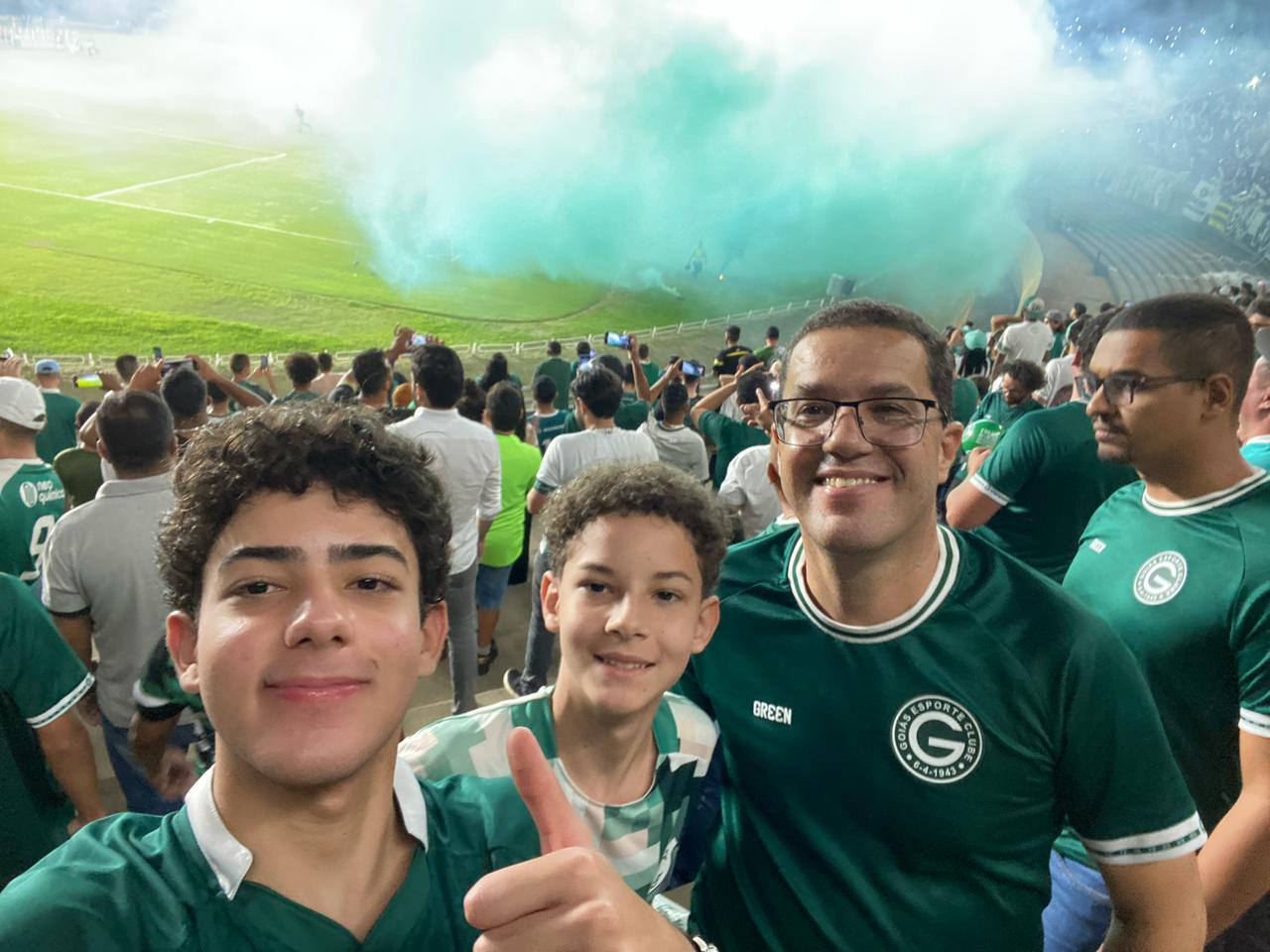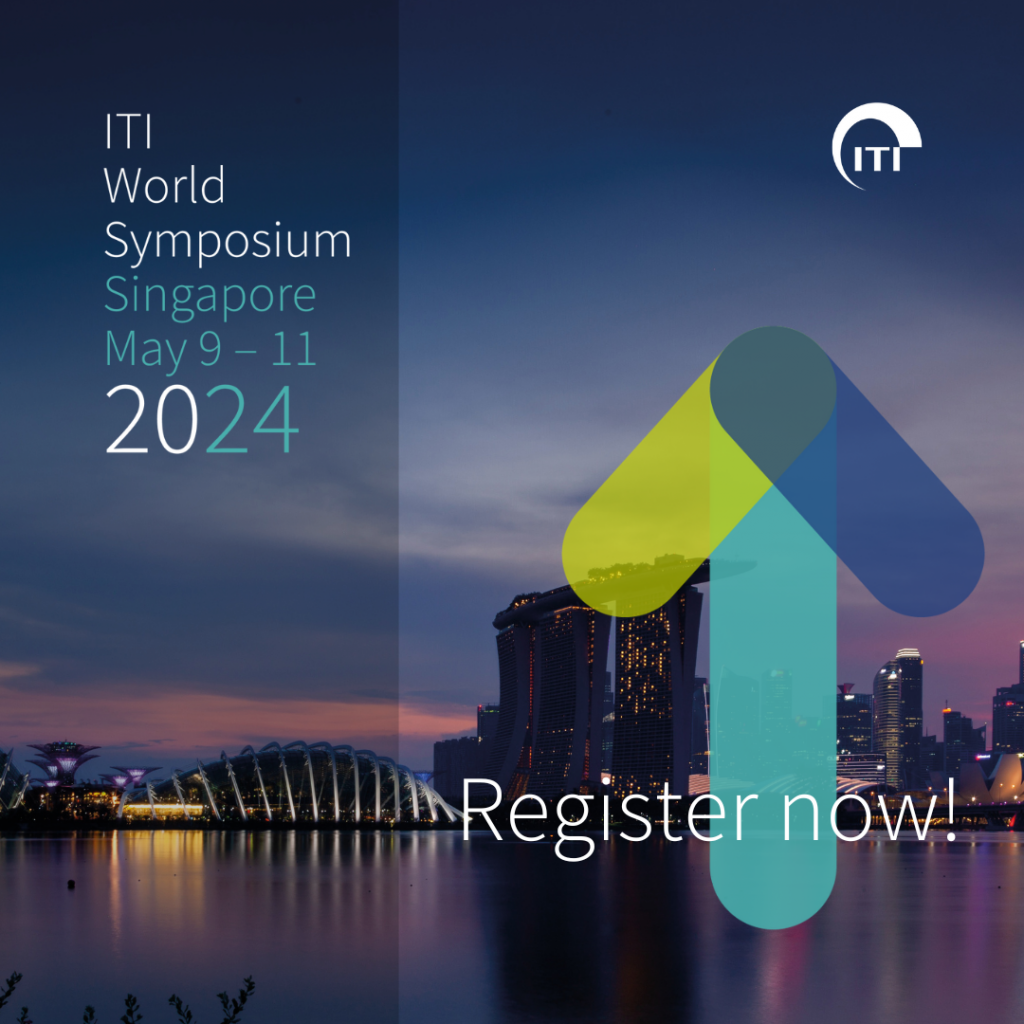With USD 2.2 million to allocate to dental-implant-related studies every year, the ITI Research Committee supports meaningful research projects run by experienced as well as aspiring researchers from all over the world. But there is more to these great professionals than just their work.
In this new feature the ITI Blog takes a 360° look at the personal and professional lives of individual researchers who have received ITI funding.
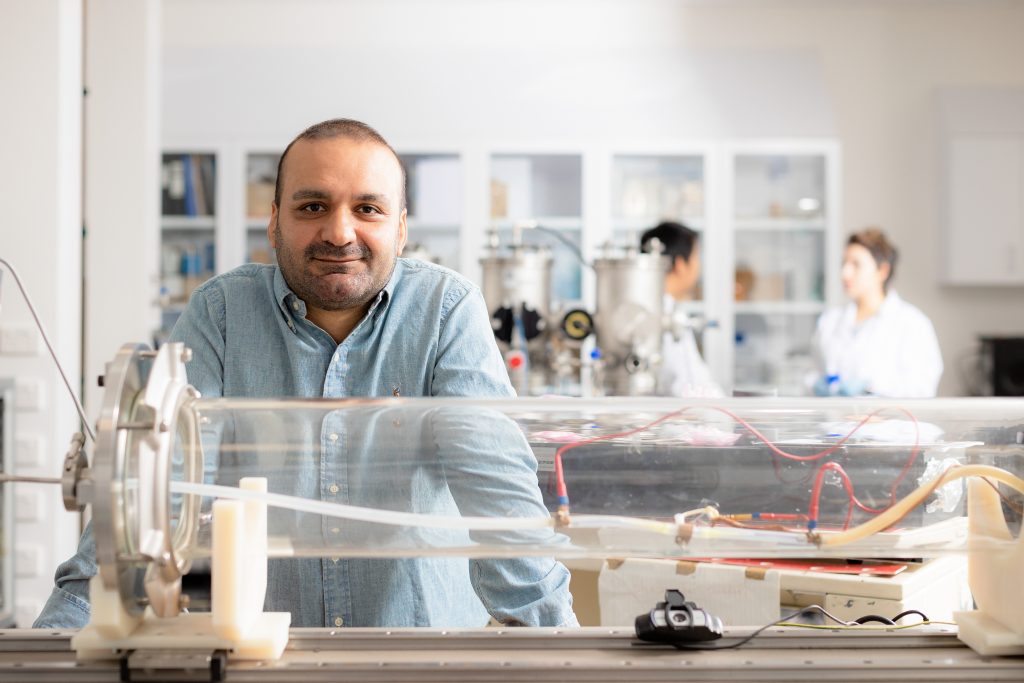
In this issue, we interview Dr. Behnam Akhavan, Plasma Bio-Engineering Group Leader at the school of Engineering, Hunter Medical Research Institute (HMRI) – University of Newcastle.
Can you tell us a bit about your professional background?
I am a biomedical engineer specializing in biomaterials, biointerfaces, and tissue engineering. My journey into research began during my undergraduate honours project, where I discovered the excitement and fulfilment that a research project offers. Since then, research has become an integral part of who I am. It’s not just a career path for me; it’s a personal journey of growth and discovery.
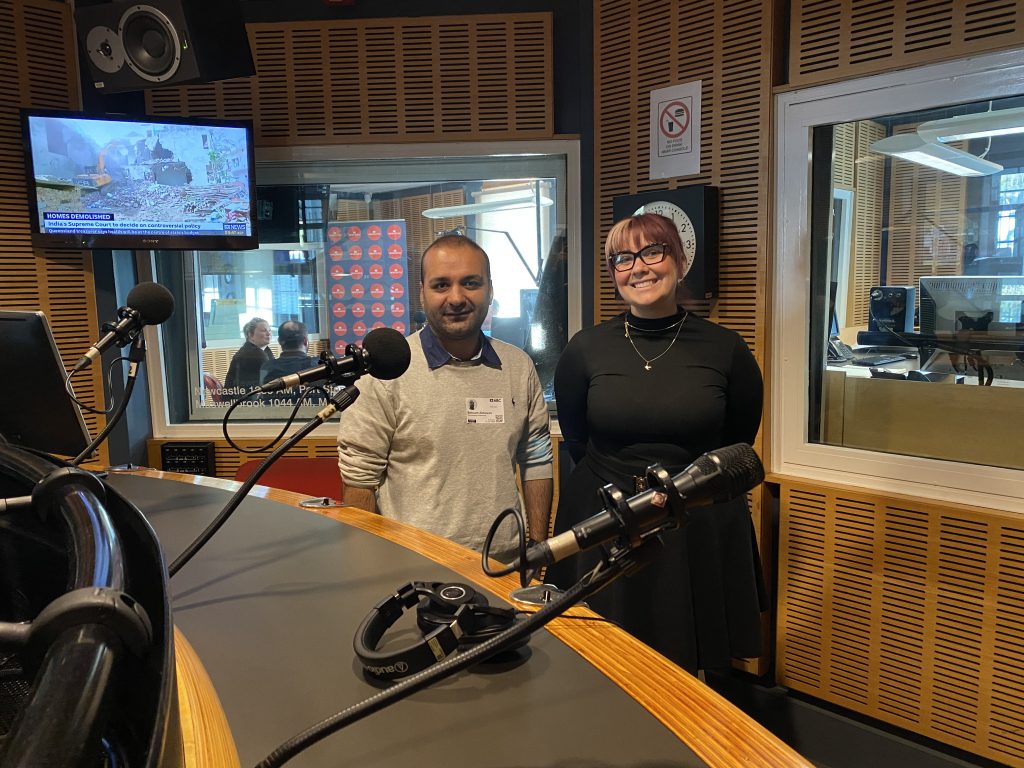
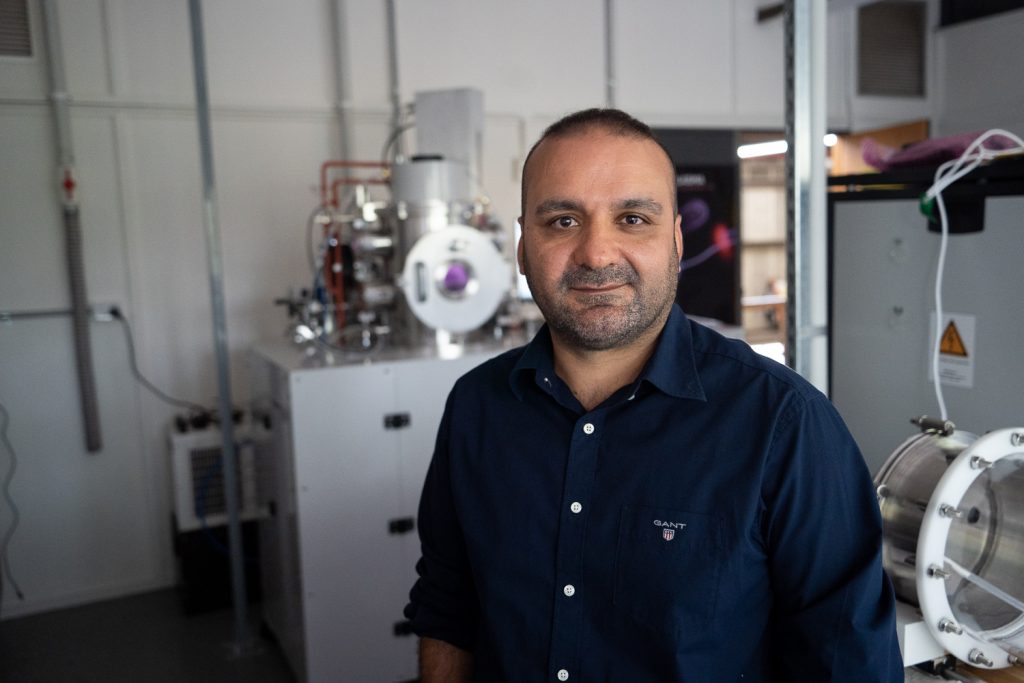
How much of your time is devoted to research?
As an Australian Research Council DECRA fellow, approximately 80% of my time is devoted to research. This allocation allows me to immerse myself fully in various research projects carried out in my Plasma Bio-Engineering Lab alongside my amazing research team and collaborators.
The remaining portion of my work time is dedicated to teaching and outreach activities. In addition to teaching courses such as Biomaterials and Biofluids, I also coordinate final year engineering projects.
I actively engage in outreach initiatives aimed at promoting STEM education, particularly among high school students. This involves presentations and hands-on activities in my Plasma Bio-Engineering Lab designed to inspire the next generation of scientists and engineers.
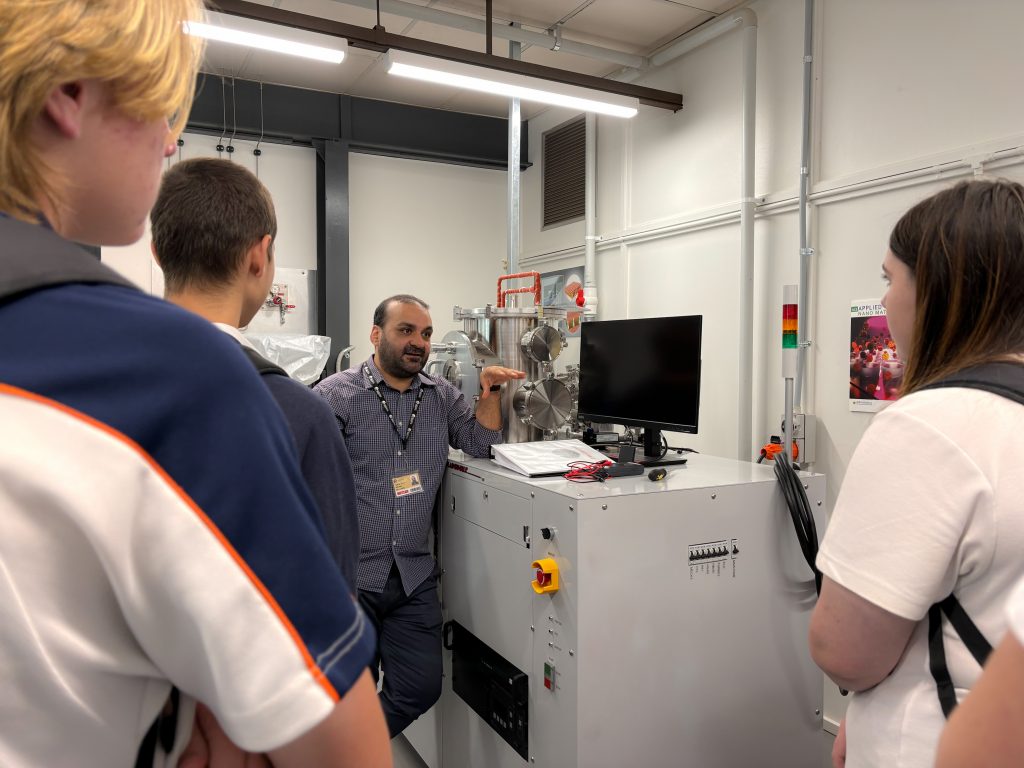
Give us a brief description of your project, what you hope to achieve and why it is relevant to implant dentistry.
In the field of implant dentistry, a persistent challenge lies in the weak connection between dental implants and the soft tissues that surround them. This connection, known as soft-tissue integration (STI), is essential for the long-term success of implants. Regrettably, current implant surfaces often fall short in fostering robust STI, leaving patients vulnerable to infections and other complications.
In this project, I’m partnering with Dr. Giselle Yeo and Dr. Khoon Lim, co-principal investigators from the University of Sydney. Together, we aim to develop a solution using an innovative plasma (ionised gas) bio-engineering approach. Our goal is to create dental abutments with tailored, plasma-engineered hydrogel coatings to mimic the natural environment of soft tissues.
Our aim is to expedite the healing process and enhance the integration of soft tissues with dental implants. By developing a solution that is adaptable to any type of abutment material, our goal is to make it universally applicable and versatile.
Tell us where you are based and a little bit about your team.
I am based at the University of Newcastle, Australia. I also hold an honorary affiliate position at the University of Sydney. Across these two institutions, I have the privilege of leading a dynamic team of over 15 researchers.
Our team is incredibly diverse and talented, consisting of passionate PhD students from various corners of the globe. Together, we collaborate on a wide range of projects spanning from surface engineering of implantable medical devices to the development of multifunctional nanoparticles for targeted drug delivery and cancer therapy.
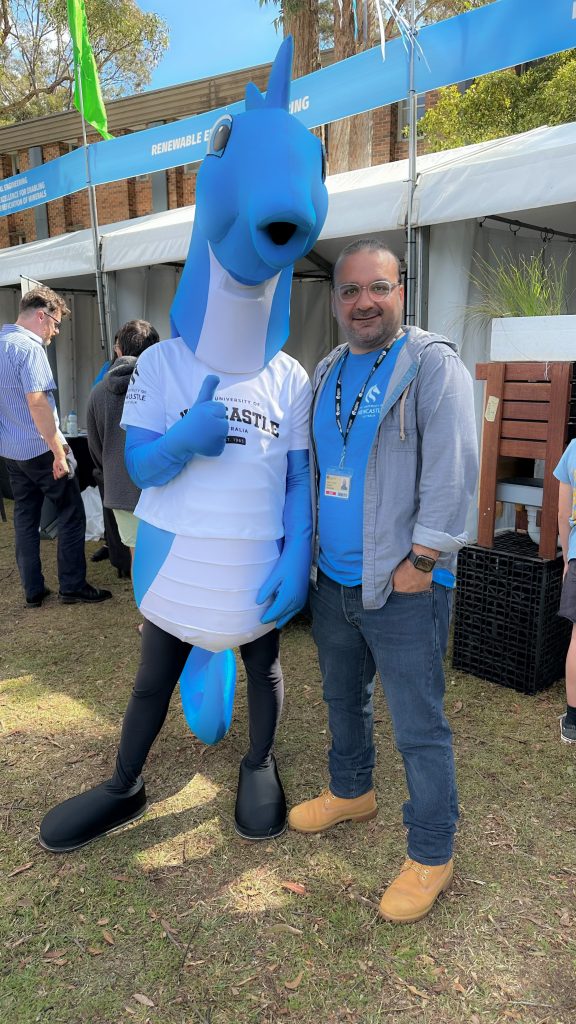
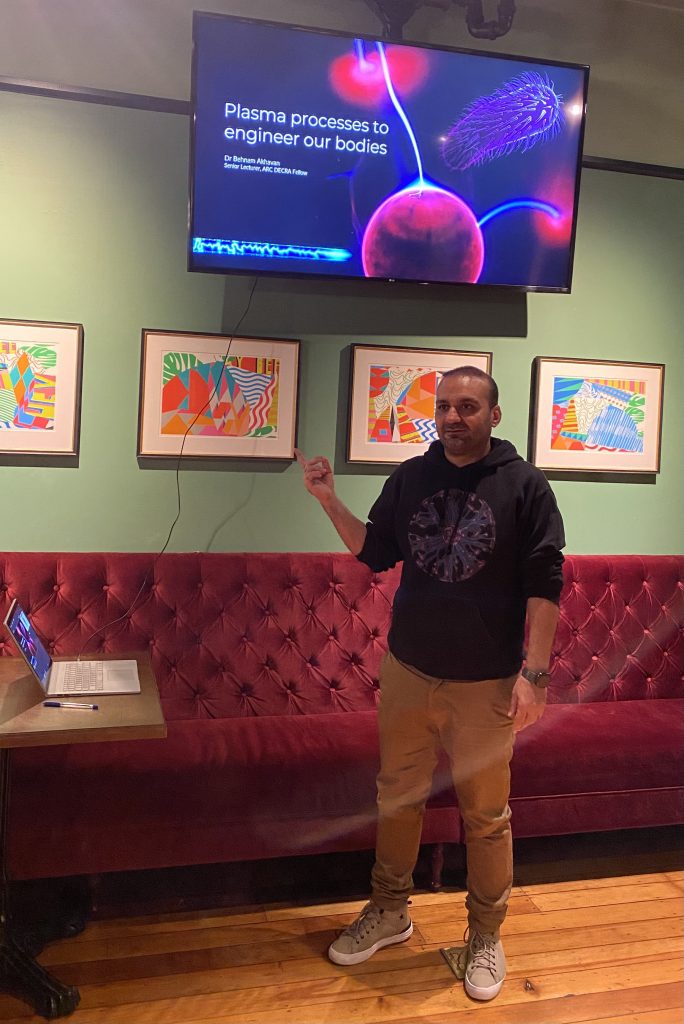
What would be your ideal job?
In 5 years’ time, my ideal job would be to continue leading cutting-edge research projects in the field of biomaterials and tissue engineering. I envision myself mentoring and guiding a team of passionate researchers while actively contributing to groundbreaking discoveries and advancements in the field.
Looking ahead to 10 years, I aspire to take on a leadership role within academia, perhaps as a department head or research center director. In this capacity, I would have the opportunity to shape the direction of research initiatives, foster collaborations with industry partners, and mentor the next generation of scientists and engineers.
How do you manage your work-life balance?
I try to achieve a healthy work-life balance through a combination of strategies that accommodate both my personal and professional commitments. I prioritize tasks based on their importance and urgency, ensuring that critical research projects receive the attention they require while also allocating time for personal interests and activities.
Effective time management is central to my approach. I rely on to-do lists and self-imposed deadlines to structure my workload efficiently, enabling me to complete tasks effectively and minimize unnecessary stress.
I place great emphasis on self-care and wellness. Regular outdoor activities in nature and quality time spent with family and friends are integral components of my routine. Engaging in these activities not only rejuvenates me physically and mentally but also enhances my productivity and creativity upon returning to work.
I believe flexibility is key in managing work-life balance. I understand that unexpected challenges may arise, and I remain adaptable in adjusting my schedule or delegating tasks as needed to maintain equilibrium between my professional and personal life.
Can you describe a typical weekday?
A typical weekday for me begins with a 6:00 am walk along the beach. Afterwards, I drive to the university, where my day is filled with teaching classes and meetings with students to discuss their progress and brainstorm project ideas. Between meetings and classes, I respond to emails and work on papers. I finish work around 5:00 pm and return home to cook a delicious meal. Before bed, I spend an hour reading, allowing myself to unwind and recharge for the next day’s adventures.
What else do you like to do apart from work?
Outside of work, I am passionate about exploring the great outdoors of Australia and immersing myself in nature. One of my main activities is regular hiking, especially in remote and uncharted areas where I can discover hidden gems and breathtaking landscapes.
I enjoy camping and 4wheel driving. This allows me to access remote camp sites and hiking tracks that are off-road, providing a sense of adventure. Whether it’s navigating rugged terrain or setting up camp under the stars, I find great joy in the simplicity of outdoor living.
Another hobby of mine is cooking, particularly when camping. There’s something special about cooking over an open fire, using traditional methods to create delicious meals amidst the beauty of nature.
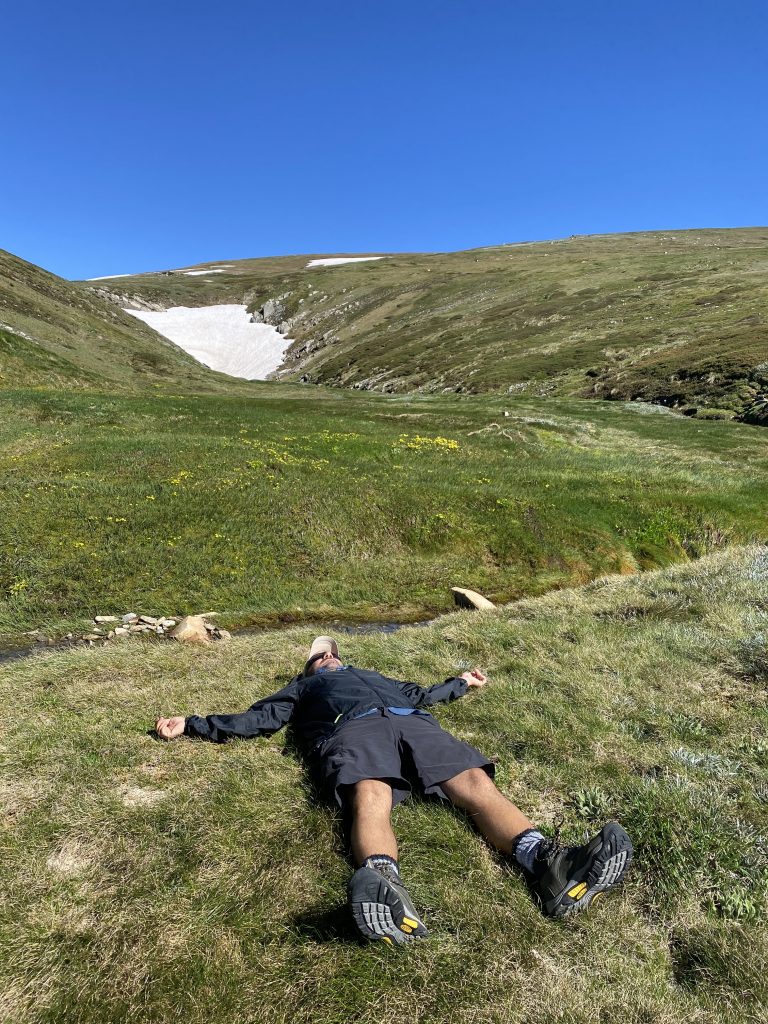
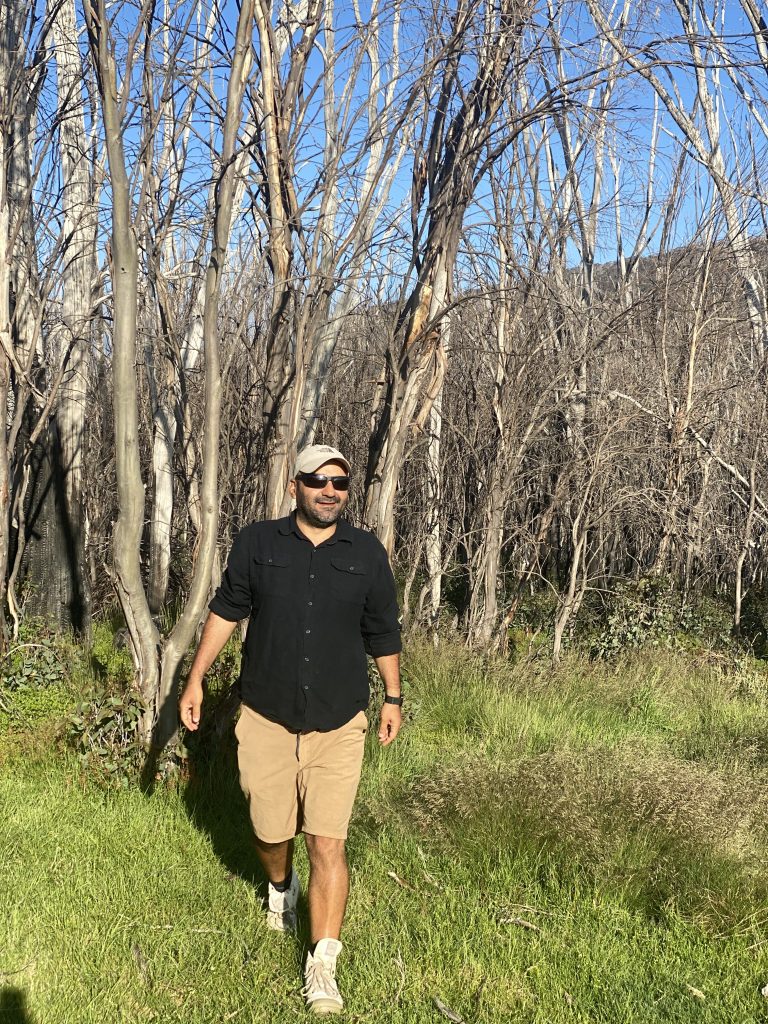
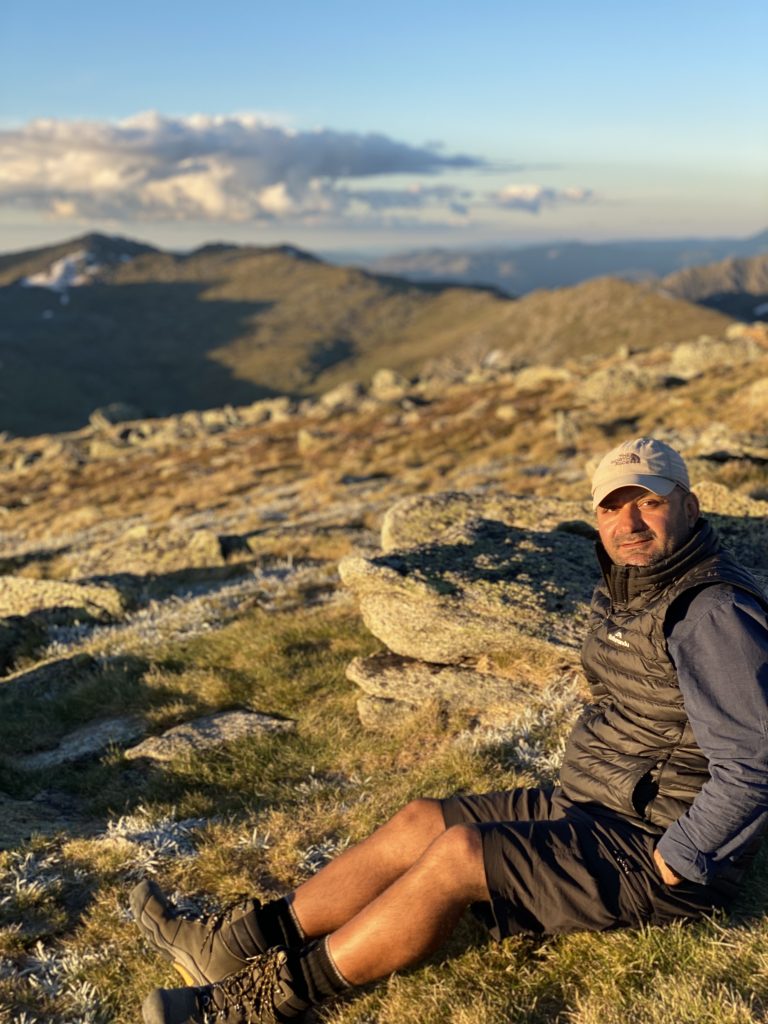
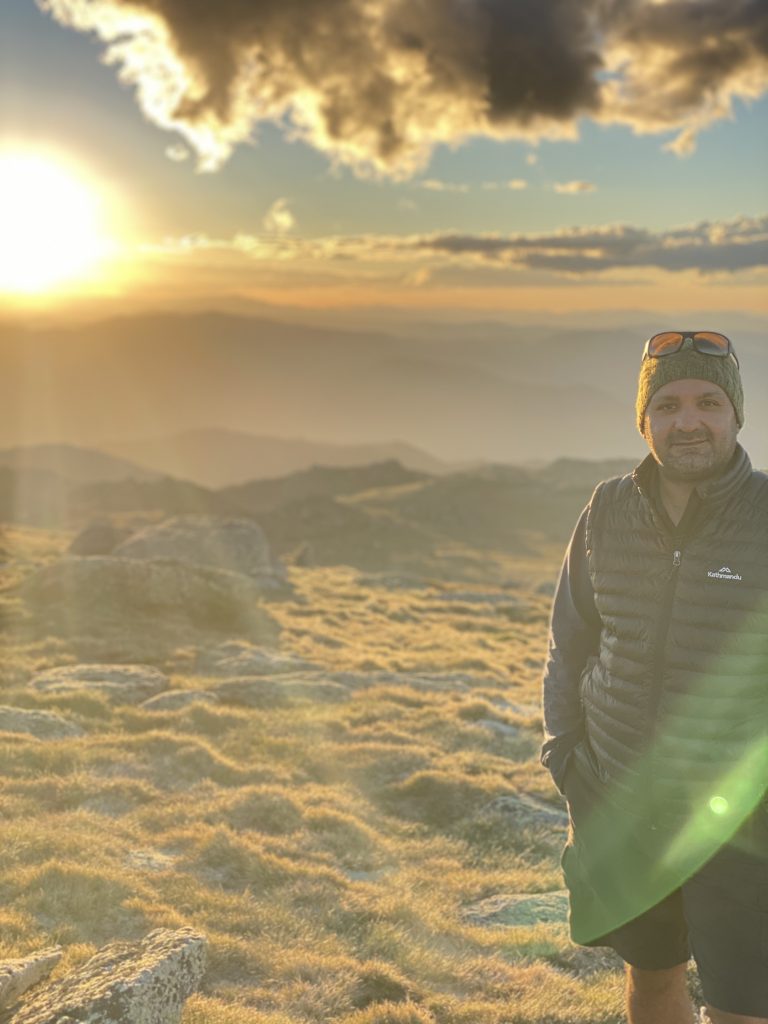
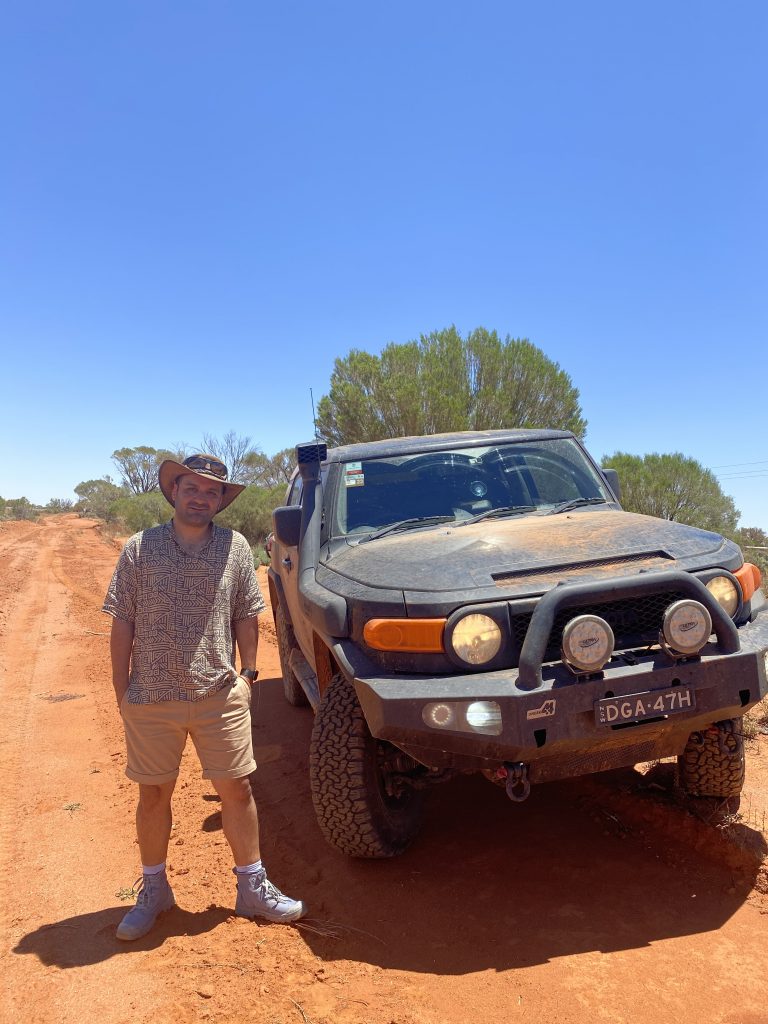
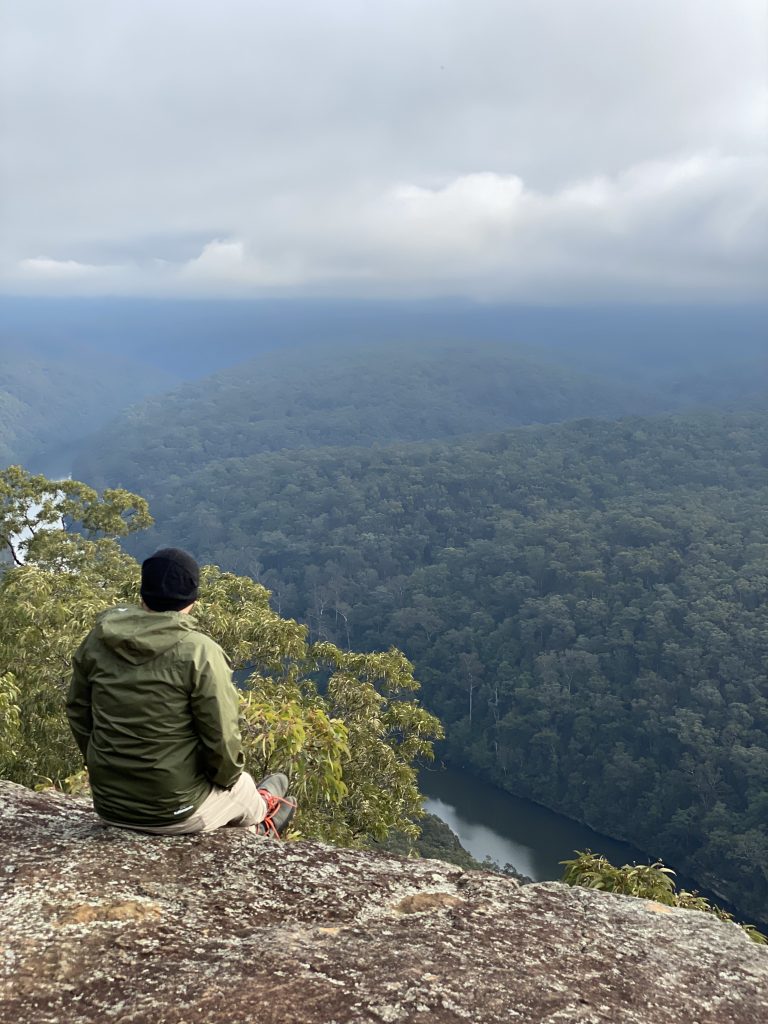
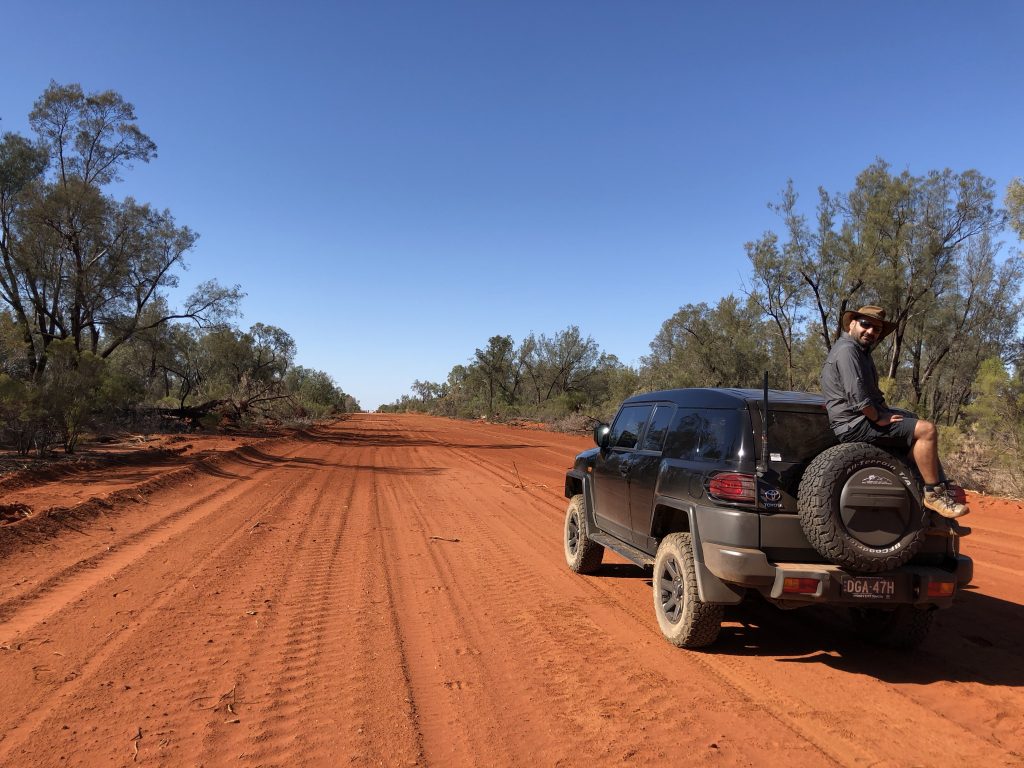
Tell us 5 of your favourite things
- Camping
- Hiking
- 4Wheel driving
- Mentoring and guiding students
- Collaborative research
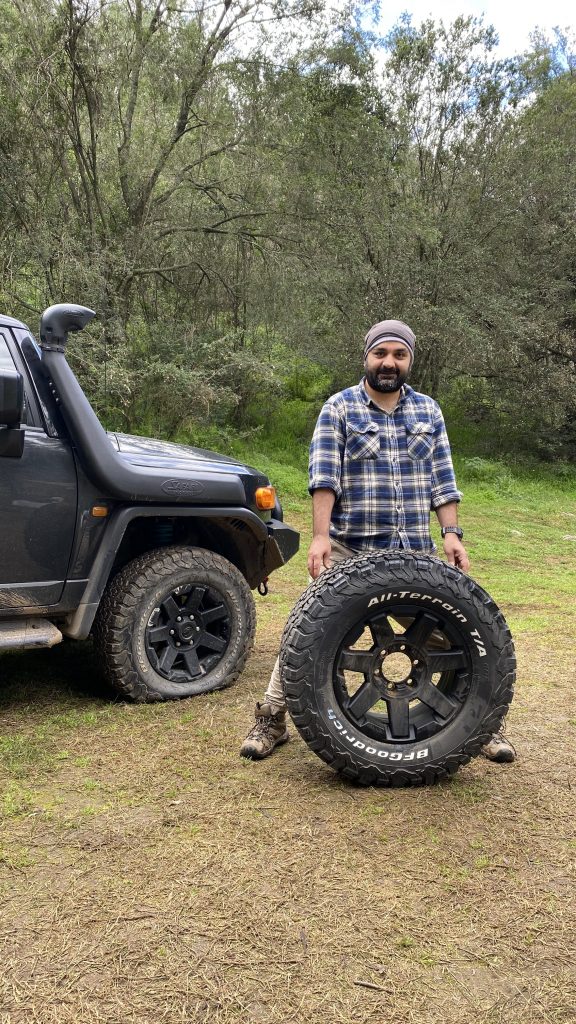
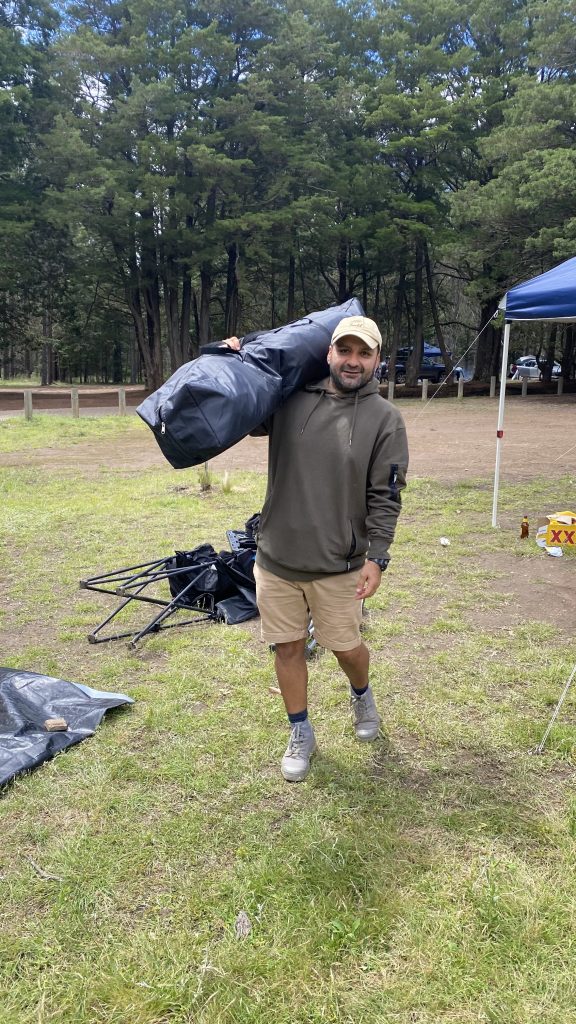
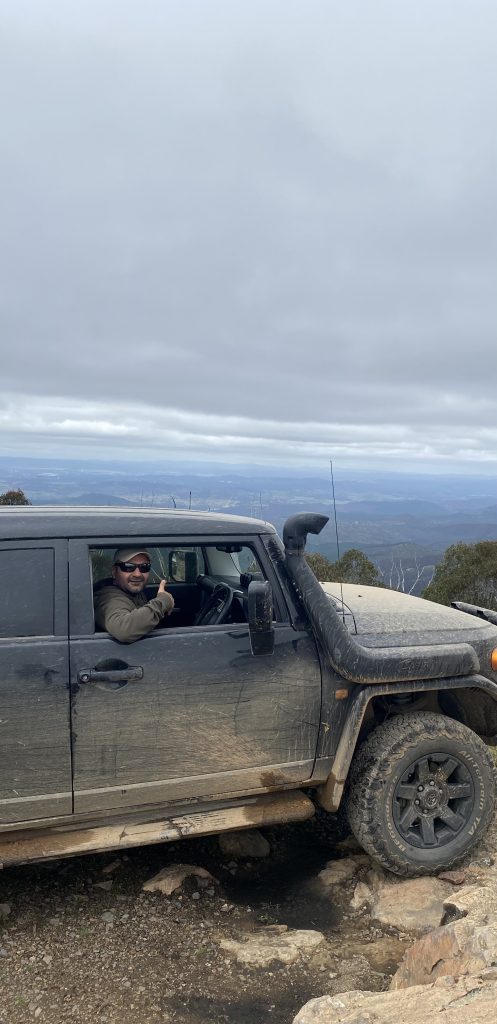
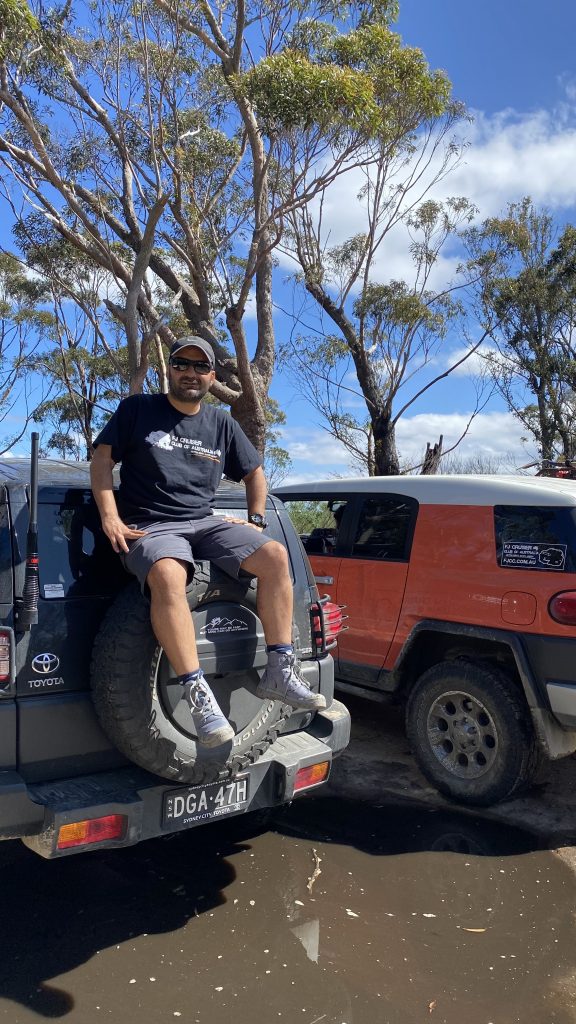
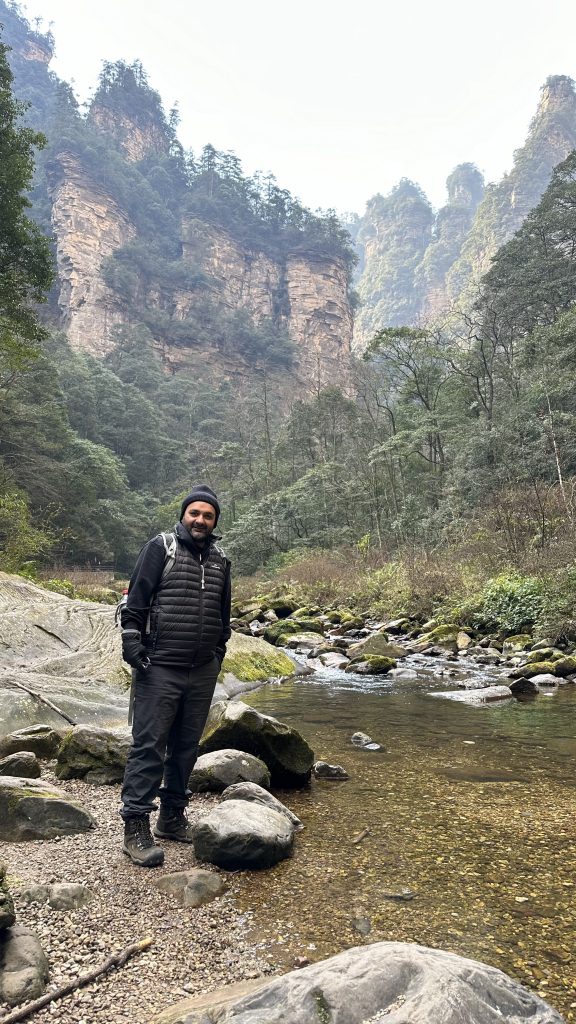
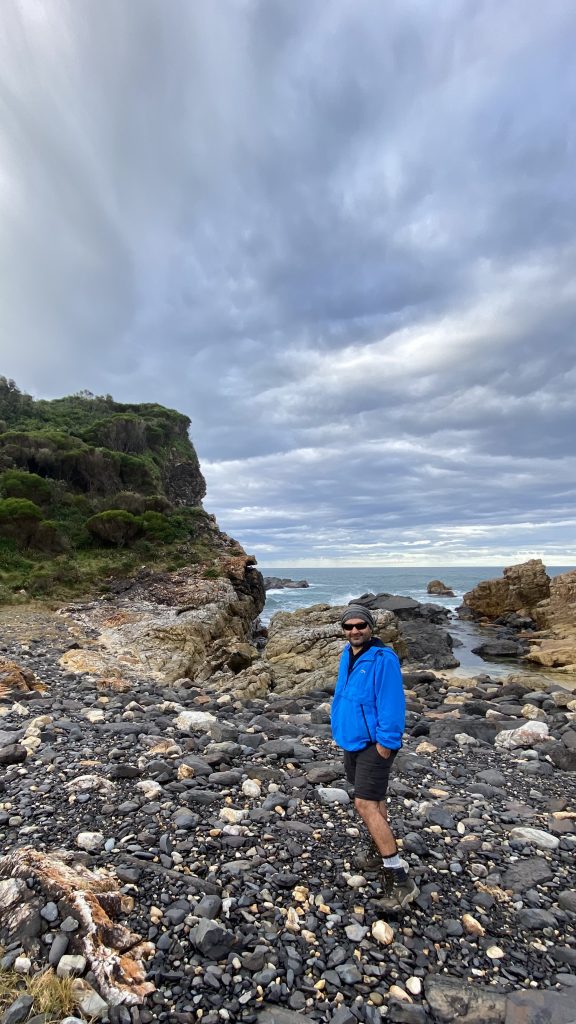
About ITI Research grants
The ITI provides funding for research projects in the field of implant dentistry and related areas that the ITI Research Committee has judged deserving of support. Part of the ITI’s annual research budget is allocated to applications whose projects deal with specific areas of interest defined by the ITI Research Committee.
The deadlines for ITI Research Grant applications are February 28 and August 31.
Apply for an ITI research grant.
